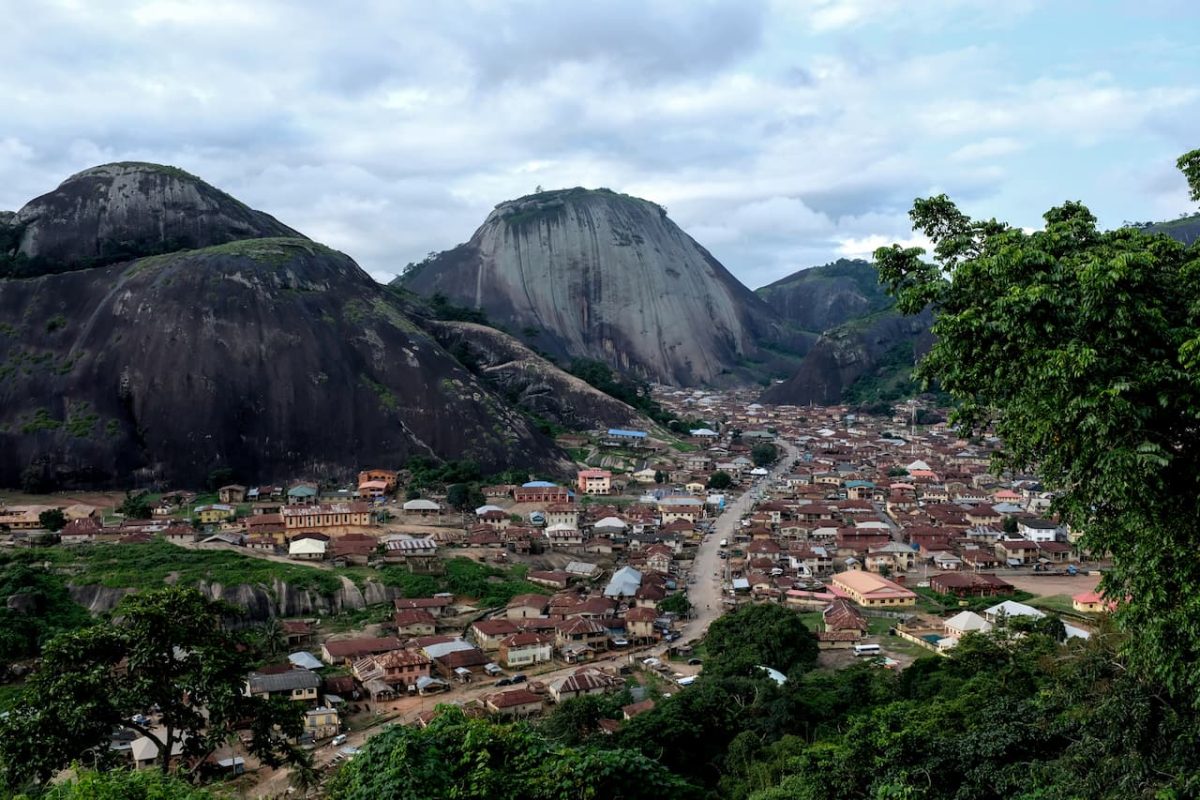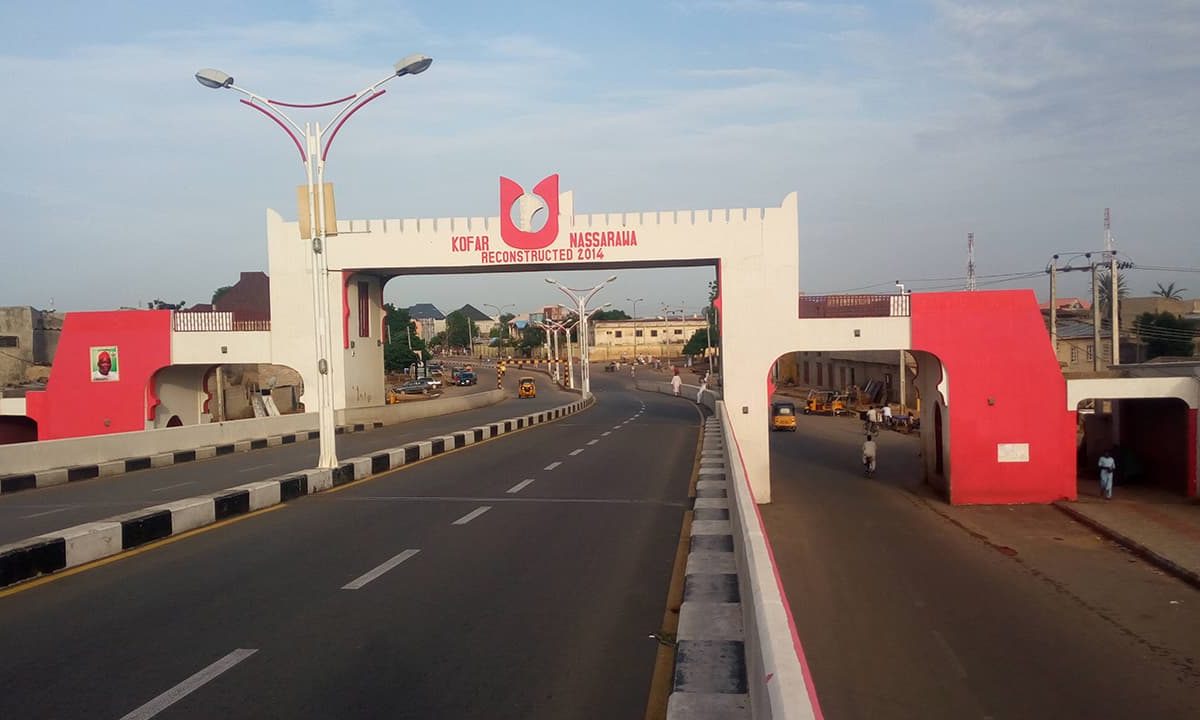A bill for the amendment of the Electoral Act and 4 top bills on the agenda of the House of Representatives for its first week of resumption from the Christmas break will be analysed in this Legislative Intelligence Forecast Entry (LIFE) by OrderPaper.

Ahead of Tuesday’s resumption of lawmakers at the National Assembly (NASS), the House of Representatives has released its agenda of plenary activities for the week (Monday 29 January 2024 – Friday 2 February 2024). It contains bills and motions that will be debated, resolved and/or discarded depending on the strength of the arguments canvassed by their sponsors.
Bills on the radar
From the amendment of the Criminal Code Act in its second reading; to a motion calling for the investigation of sharp practices by Ministries, Departments, Agencies, Parastatals, and Institutions of Federal Government in the execution of capital projects contained in the Appropriation Act; to a bill for an Act to Repeal the Nigerian Oil and Gas Industry Content Act, 2010 and enact the Nigerian Oil and Gas Industry Content Act to Establish Nigerian Content Development and Monitoring Board; to the consideration of a Bill for an Act to Establish Nigerian Peace Corps to facilitate Peace, Volunteerism, Community Services, Neighbourhood Watch and Nation Building and for Related Matters; and, a Bill for an Act to amend the Electoral Act, 2022 and for Related Matters; among other issues, the House of Representatives can be said to be ready for business.
In this piece, we take a cursory look at 5 of the issues on the schedule that are likely to elicit much debate, contributions, and, perhaps, some controversies. Let us explore these 5 issues one after another:

Amendment of the Criminal Code Act
The Bill for amendment of the Criminal Code Act Cap. C38, Laws of the Federation of Nigeria, 2004, now in its second reading, was sponsored by Hon. Francis Ejiroghene Waive (APC, Delta).
The Criminal Code Act is a significant legal document that outlines criminal offenses and their corresponding penalties within the Nigerian legal system. It serves as a primary legislation governing criminal matters in Nigeria. It applies to the entire territory of Nigeria and provides a framework for defining criminal offenses, establishing penalties, and outlining procedures for the prosecution of criminal cases.
The Act covers a wide range of criminal offenses including homicide, theft, fraud, assault, rape, and other offenses against persons and property. It also specifies the elements of each offense and prescribes penalties for offenders, which may include fines, imprisonment, or both, depending on the severity of the offense.
The Act classifies offenses into various categories based on their severity. For instance, offenses may be categorized as felonies (serious crimes) or misdemeanors (less serious crimes). Felonies typically carry harsher penalties compared to misdemeanors.
The Bill for its amendment seeks to provide stiffer penalties to selected sections of the Act. This is foreseeable due to the poor state of security as seen by wanton kidnappings and attacks nationwide.
At the moment, Abuja, Nigeria’s capital is experiencing an upsurge in cases of kidnappings and other forms of criminalities. Sadly, Abuja is not the only part of the country experiencing alarming insecurity; most states are also dealing with the menace so the amendment of the Act calling for stiffer penalties is in the right direction.

Investigation of sharp practices by MDAs, Parastatals, and Institutions
The House of Representatives is expected to hear a motion by Hon. Kelechi Nwogu (PDP, Rivers State) on the need to ‘Investigate Sharp Practices by Ministries, Departments, Agencies, Parastatals, and Institutions of Federal Government in the Execution of Capital Projects contained in the Appropriation Act.’
Section 81(1) of the Constitution of the Federal Republic of Nigeria 1999 (as amended) provides that “the President shall cause to be prepared and laid before each House of the National Assembly at any time in each financial year estimates of the revenue and expenditure of the Federation for the next following financial year.”
It is standard practice that heads of all Federal Government Ministries, Departments, Agencies, Parastatals, and Institutions are summoned to the National Assembly for examination and validation of their budgetary proposals before passage and Presidential Assent and no adjustment to the estimates contained in the Appropriation Act shall be made without recourse to the National Assembly, according to the law.
However, a majority of government Ministries/Departments/Agencies (MDAs), parastatals, and institutions allegedly award contracts that are below the amount provided for the execution of the Capital components of the Appropriation Act of which the National Assembly was not provided with information on withheld funds from Federal Government agencies causing project procurement reductions that negatively impact on project completion and contractor abandonment or requests for variation of the initial cost.
This implies that the powers of the National Assembly are being undermined by the actions of the Federal Government’s Ministries, Departments, Agencies, Parastatals, and Institutions hence the motion to mandate the Committee on Inter-Governmental Affairs to investigate the procurement of capital projects by all Federal Governments, Ministries/Departments/Agencies (MDAs), Parastatal and Institutions to recover the withheld sums.

Repealing the Nigerian Oil and Gas Industry Content Act
A Bill for an Act to ‘Repeal the Nigerian Oil and Gas Industry Content Act, 2010 and Enact the Nigerian Oil and Gas Industry Content Act to Establish Nigerian Content Development and Monitoring Board and provide for Legal Framework, Structures, and Programmes for the Strengthening of Nigerian Content in the Nigerian Oil and Gas Industry and for Related Matters’ will be considered.
The Bill, in its second reading, was sponsored by Hon. Boma Goodhead (PDP, Rivers), Hon. Iduma E. Igariwey (APC, Ebonyi), and thirty – four other lawmakers in the House of Representatives.
Enacted in 2010 with the primary aim of promoting local content participation and development within Nigeria’s oil and gas industry, the Act was a response to the need for increased indigenous participation in the country’s lucrative oil and gas sector, which historically had been dominated by foreign companies.
It mandates that operators and participants in the Nigerian oil and gas industry must give preference to Nigerian service companies and utilize Nigerian goods and services to the maximum extent possible. This includes prioritizing the employment and training of Nigerian citizens in various roles within the industry.
The Act also sets specific targets for the percentage of Nigerian content required in various aspects of oil and gas projects, including engineering, procurement, construction, and installation activities. These targets are intended to gradually increase over time to promote the growth of local capabilities and expertise.
The Bill for its repealing and reenactment seeks to proffer solutions to loopholes and grey areas in the Act and make room for firm compliance and monitoring of the contents of the bill.

Establishment of the Nigerian Peace Corps
The House is set for the consideration of reports on the Bill for ‘an Act to Establish Nigerian Peace Corps to facilitate Peace, Volunteerism, Community Services, Neighbourhood Watch, and Nation Building and for Related Matters’.
The Nigerian Peace Corps is a proposed paramilitary organization in Nigeria aimed at promoting peace, community development, and youth empowerment. The idea behind its establishment is to engage Nigerian youths in various community service activities while also providing them with opportunities for personal and professional development.
The proposal for its establishment began gaining traction in the early 2000s, with proponents arguing that it would help address youth unemployment and social challenges while also complementing existing security agencies in the country.
The Peace Corps intends to undertake various community development projects in areas such as education, healthcare, environmental conservation, and infrastructure improvement with a national headquarters as well as state and local chapters across the country. Members of the Peace Corps would undergo training in various fields such as conflict resolution, first aid, community organizing, and leadership skills.
Despite widespread support for the establishment of the Nigerian Peace Corps from various quarters, including youth groups, civil society organizations, and some government officials, the process has faced several challenges and delays. One major obstacle has been the reluctance of some government agencies and security agencies to cede control or share resources with the Peace Corps. Additionally, concerns have been raised about the funding and sustainability of the organization.
The reports on the Bill will be considered by the Committee of the Whole (all members of the House). This means that the Bill is close to becoming law.

Amendment of the Electoral Act
A Bill for ‘an Act to Amend the Electoral Act, 2022 and for Related Matters’ will be considered by the House on Thursday.
The Electoral Act 2022 governs the conduct of elections in the country and outlines procedures for voter registration, accreditation, voting, counting of votes, and the resolution of electoral disputes. The Act also provides guidelines for the conduct of political parties, including their registration, internal organization, and participation in elections.
It stipulates guidelines for the conduct of elections, including the opening and closing of polling stations, accreditation of voters, casting of votes, and counting of ballots. It also governs the formation, registration, and operation of political parties in Nigeria.
Provisions for prosecuting electoral offenses, including voter intimidation, bribery, and electoral fraud are also stipulated in the Act including mechanisms for resolving disputes arising from the conduct of elections, including the establishment of election tribunals and appellate processes.
However, due to its perceived shortfalls, the amendment of the Electoral Act seeks to address emerging challenges and improve the integrity of the electoral process. Reforms such as diaspora voting, and individual candidacy are some of the new inputs in the Bill.
The Bill, in its second reading, was sponsored by Hon. Francis Ejiroghene Waive (APC, Delta).
David Oputah
Oputah David M is a Bloomberg-trained Journalist with a diversified experience in online journalism and newsroom management. He is a 2023 MTN Media Innovation fellow!



